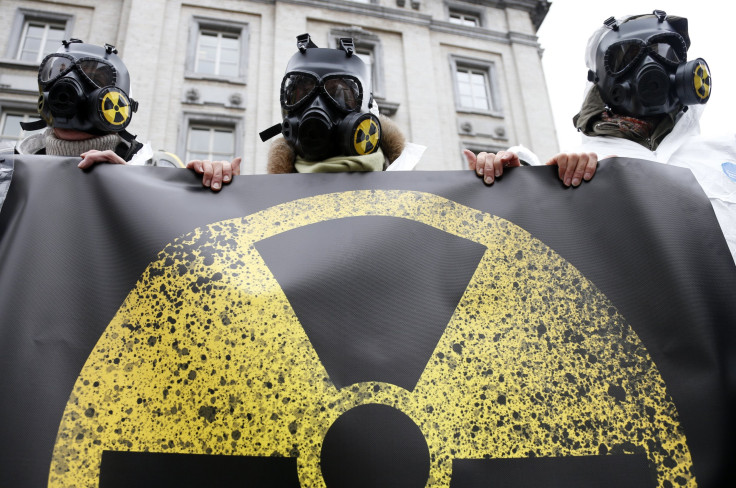Belgium Nuclear Radiation Threat? Iodine Pills Supplied To Belgian Citizens After Germany Expresses Concern

The Belgian government is expected to supply its citizens with iodine pills in an pro-active effort to protect against radiation should a nuclear accident take place in the country, Agence France-Presse reported. The move was spurred in part by increasing worries from neighboring countries over the deteriorating condition of two of Belgium's nuclear plants.
Although the country is being proactive in its attempts at safeguarding the health of its residents, the move shouldn't be mistaken as one that guarantees no harm in the event of a nuclear accident, the head of Belgium's Green party told French news outlet La Libre. "Just because everyone will get these pills doesn't mean there is no longer any nuclear risk," said Jean-Marc Nollet, who supported the initiative.
Belgium's Health Minister Maggie De Block proposed the initiative following repeated requests from Germany, the Netherlands and Luxembourg to shut down the Tihange and Doel nuclear plants because of their proximities to the neighboring countries.
Germany voiced its concerns after an independent safety commission reported the two plants lacked proper security, concluding the plants posed great risks while operating. "Therefore, I think it is right to take the sites off the grid, at least until further investigations are concluded," German Environment Minister Barbara Hendricks told local news outlet Deutsche Welle recently.
Belgium citizens living within 14 miles of the two plants had previously been supplied with the iodine pills, but that perimeter has now been expanded to any resident living within 60 miles of the nuclear operations.
The Tihange plant was the site of a fire in the last year that shut down its nuclear reactor. In March, it was evacuated after the deadly terror attacks in Brussels.
Instead of shutting down the plants, Belgium decided to offer all of its residents the iodine pills, with the country's nuclear safety agency saying both locations "respond to the strictest possible safety requirements."
© Copyright IBTimes 2025. All rights reserved.






















